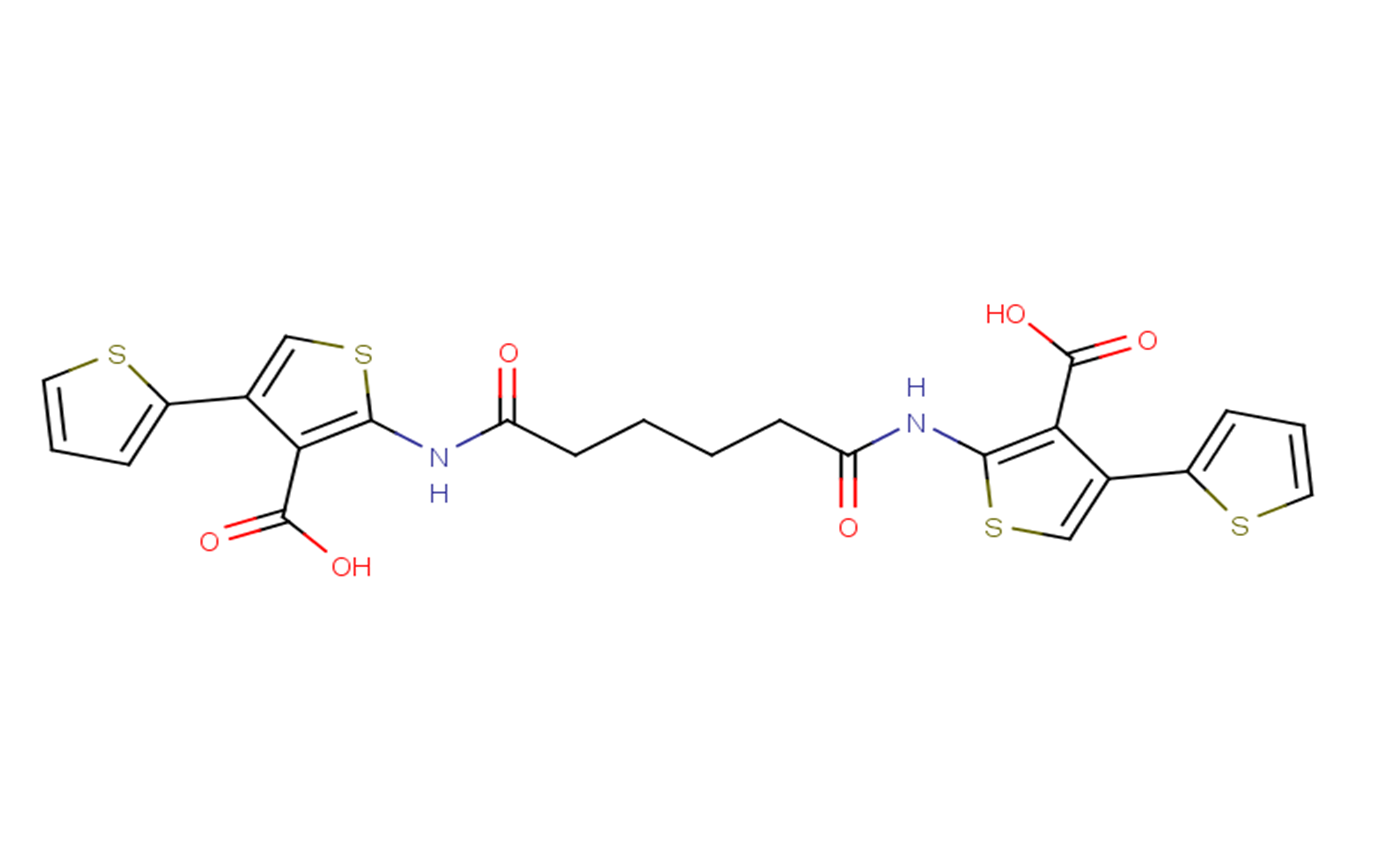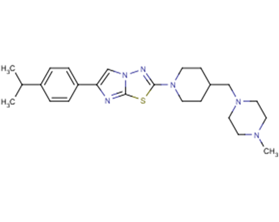PAI-1
PAI-1, encoded by SERPINE1, is a primary member of the serpin super-family and functions as an essential inhibitor of tissue plasminogen activator (tPA) and urokinase (uPA), the activators of plasminogen PAI-1 is up-regulated in various pathological states such as vascular diseases, obesity, metabolic syndrome and particularly various types of cancer. PAI-1 expression is quite different in diverse cancer cell lines. PAI-1 is also correlated with poor outcome in several other cancer subtypes, particularly in node-negative breast cancer, ovarian serous carcinoma. As an important regulator of the fibrinolytic system, PAI-1 plays a pivotal role in acute thrombotic events. PAI-1 facilitated invasion and lung metastasis via promoting MMP-13 expression and secretion in osteosarcoma cells, and PAI-1 as well as MMP-13 concomitant expression was significantly associated with lung metastasis of osteosarcoma through clinical samples analysis.
High PAI-1 expression might increase the risk of head and neck carcinoma metastasis via immunohistochemical analysis and further overexpression of PAI-1 accelerated head and neck cancer cell migration mediated by the activation of PI3K/AKT pathway. PAI-1 has also been found to promote cell proliferation in fibromatosis and pheochromocytoma. The roles of PAI-1 in cancer might vary with each experimental condition, especially the cancer type. Moreover, PAI-1 may also be involved in immunosuppression, a key condition for rapid tumor progression. Recently, it was reported that TGF-β could enhance PAI-1 secretion in NSCLC dependent on Smad3 phosphorylation, and PAI-1 in return could strengthen TGF-β signaling in tumor associated macrophages via the activation of NF-κB/IL-6/STAT3 pathway, forming an immunosuppressive feed-forward loop.
References
1.Li S,et al. Biomed Pharmacother. 2018;105:83–94.
High PAI-1 expression might increase the risk of head and neck carcinoma metastasis via immunohistochemical analysis and further overexpression of PAI-1 accelerated head and neck cancer cell migration mediated by the activation of PI3K/AKT pathway. PAI-1 has also been found to promote cell proliferation in fibromatosis and pheochromocytoma. The roles of PAI-1 in cancer might vary with each experimental condition, especially the cancer type. Moreover, PAI-1 may also be involved in immunosuppression, a key condition for rapid tumor progression. Recently, it was reported that TGF-β could enhance PAI-1 secretion in NSCLC dependent on Smad3 phosphorylation, and PAI-1 in return could strengthen TGF-β signaling in tumor associated macrophages via the activation of NF-κB/IL-6/STAT3 pathway, forming an immunosuppressive feed-forward loop.
References
1.Li S,et al. Biomed Pharmacother. 2018;105:83–94.
Metabolic Enzyme/Protease
11β-HSD(15)
15-PGDH(1)
ACC(10)
ACE(15)
AChE(47)
Adenylate Cyclase(12)
ALDH(14)
Aldose Reductase(5)
Aminopeptidase(19)
BACE(19)
Casein Kinase(51)
CAT(5)
Cathepsin(9)
CETP(13)
COMT(2)
CPG2(1)
CYPs(6)
Decarboxylase(3)
Dehydrogenase(131)
DGAT(4)
Dopamine beta-hydroxylase(2)
DPP(32)
Elastase(6)
FAAH(28)
Factor Xa(31)
Fatty Acid Synthase(17)
Ftase(2)
FXR(26)
Glucokinase(1)
GSNOR(2)
Guanylate Cyclase(13)
HMGCR(17)
IDH(7)
IDO(20)
IMPDH(2)
LDH(2)
LDL(8)
Lipase(17)
Lipid(12)
MAGL(6)
MAO(72)
MMP(78)
NAMPT(12)
Neprilysin(7)
Other Targets(10)
P450(112)
PAI-1(9)
Phosphatase(95)
Phospholipase(65)
PPAR(115)
Protein Phosphatase/PTP(6)
Renin(8)
Retinoid Receptor(37)
SCD(6)
Steroid Sulfatase (STS)(2)
Thioredoxin(1)
TPH(5)
Transferase(37)
Vitamin(44)
Xanthine Oxidase (XAO)(11)
PAI-1
-
Angstrom6
产品货号 : M34159
cas no: 220334-14-5
Angstrom6 (A6 Peptide) 是一种来源于单链尿激酶纤溶酶原激活剂 (scuPA) 的8个氨基酸的肽,可干扰 uPA/uPAR 级联反应并消除下游效应。Angstrom6 与 CD44 结合,抑制肿瘤细胞的迁移、侵袭和转移,调节 CD44 介导的细胞信号。
-
AZ3976
产品货号 : M33968
cas no: 1418747-15-5
AZ3976 是一种有效的纤溶酶原激活物抑制剂 1 型 (PAI-1) 抑制剂,在酶显色分析中 IC50 为 26 μM。在血浆凝块溶解试验中,AZ3976 的IC50 为 16 μM。AZ3976 不与活性 PAI-1 结合,但与潜在 PAI-1 可逆结合。AZ3976 通过增强活性 PAI-1 的潜伏期转换来抑制 PAI-1。AZ3976 在人血浆凝块溶解试验中显示促纤维蛋白溶解活性。
-
Aleplasinin
产品货号 : M27948
cas no: 481629-87-2
Aleplasinin 是一种选择性口服活性纤溶酶原激活物抑制剂-1 (PAI-1) 抑制剂,也是纤溶系统的关键负调节剂。 Aleplasinin 可用于阿尔茨海默病研究。
-
TM5007
产品货号 : M24291
cas no: 342595-05-5
TM5007 是纤溶酶原激活物抑制剂-1 (PAI-1;IC50 为 29 uM) 的有效抑制剂。
-
Fer and FerT inhibitor
产品货号 : M17900
cas no: 1241537-79-0
Fer/FerT 激酶抑制剂。



 021-51111890
021-51111890 购物车(0)
购物车(0)
 sales@molnova.cn
sales@molnova.cn






